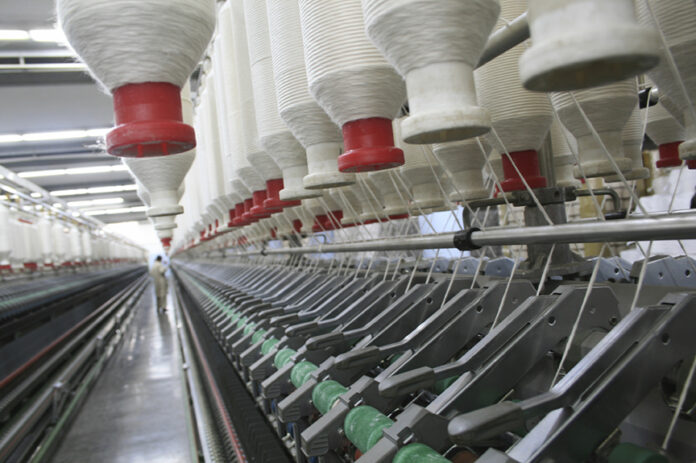The All Pakistan Textile Mills Association (Aptma) has urged the government to ensure equal treatment for local raw material and intermediate input suppliers in export manufacturing, warning that failure to address anomalies in the Export Facilitation Scheme (EFS) is pushing the spinning industry towards collapse.
Aptma Chairman Kamran Arshad cautioned that the entire textile value chain is at risk, with over 100 spinning mills—nearly 40% of the industry’s production capacity—already shut down and the remaining mills operating at less than 50% capacity.
He highlighted a surge in yarn imports, which reached a record 32 million kg in January 2025. At this rate, imports for FY25 are expected to triple compared to the previous fiscal year, threatening the survival of domestic producers.
Arshad criticised the existing sales tax regime, which imposes an 18% tax on local supplies for export manufacturing while allowing tax-free imports. He warned that if this disparity is not addressed, Pakistan’s textile manufacturing base could be entirely replaced by imports, leading to severe industrial and economic consequences.
Exporters currently face an uneven playing field, as they must first pay an 18% sales tax on domestic inputs and then wait up to a year for partial refunds, with around 30% of the amount indefinitely withheld for manual processing.
This system, Aptma argues, incentivizes import dependency at the expense of local industry, particularly small and medium enterprises (SMEs).
The association has called for immediate policy revisions, urging the government to remove the tax burden on local input supplies and restore competitiveness in export manufacturing.




